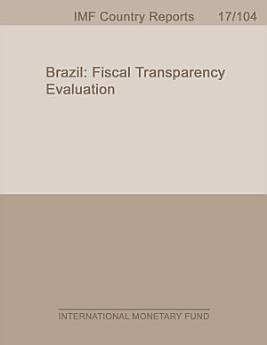Brazil: Fiscal Transparency Evaluation
International Monetary Fund. Fiscal Affairs Dept.
2017年5月 · International Monetary Fund
電子書
92
頁數
report評分和評論未經驗證 瞭解詳情
關於這本電子書
Despite the development of fiscal responsibility legislation, several weaknesses in fiscal transparency have had adverse effects on the quality of fiscal policy—many of which are being addressed. Brazil has made significant progress over recent decades in providing regular information on the budget and its implementation at all levels of government, partly driven by the 2000 Fiscal Responsibility Law (FRL). These include advances in implementing international standards to improve the quality of data. At the same time, fiscal transparency has been undermined by weaknesses in the fiscal framework and by practices that are inconsistent with the principles of the FRL (including unreported liabilities, the “pedaladas”). These include: incomplete information on policies and their costs or risks; accounting changes, and lack of clarity on fiscal reporting standards, that undermine the effectiveness of the fiscal rules (at all levels of government); lack of transparency in the relationship between the central government and public banks and between the central government and subnational governments; and corruption involving some of the largest public enterprises. Since 2015, important efforts have been underway to address some of these weaknesses.
為這本電子書評分
請分享你的寶貴意見。
閱讀資訊
智能手機和平板電腦
手提電腦和電腦
你可以使用電腦的網絡瀏覽器聆聽在 Google Play 上購買的有聲書。
電子書閱讀器及其他裝置
如要在 Kobo 等電子墨水裝置上閱覽書籍,你需要下載檔案並傳輸到你的裝置。請按照說明中心的詳細指示,將檔案傳輸到支援的電子書閱讀器。








